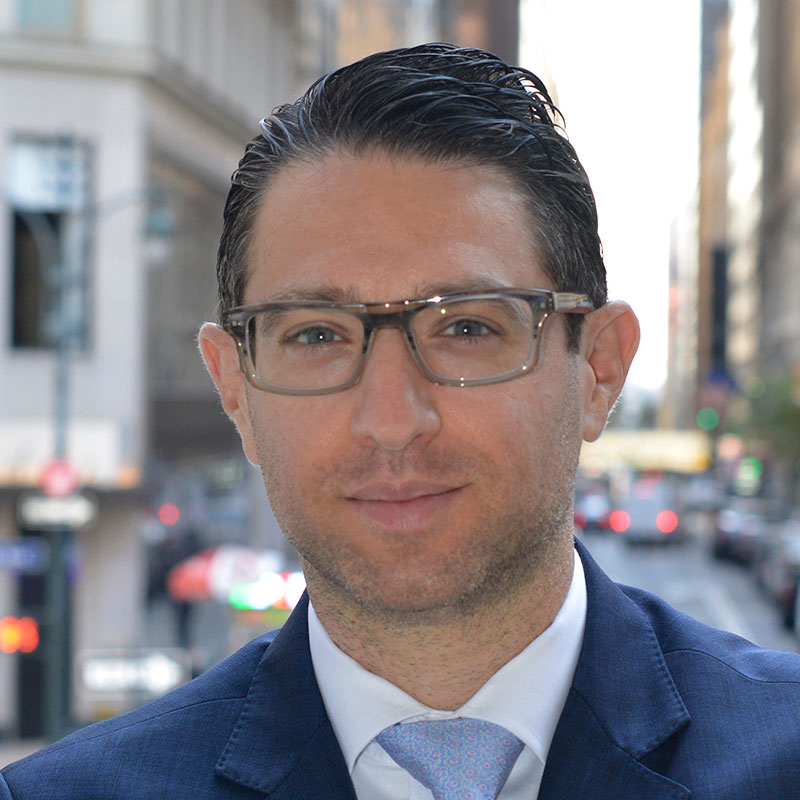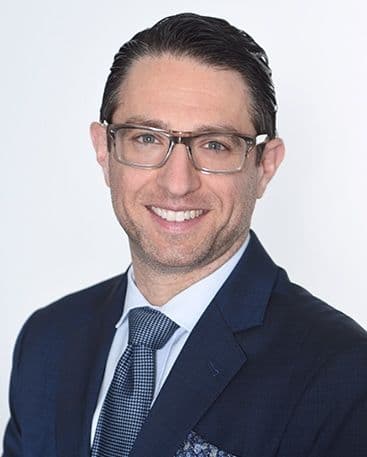
Talking Mental Health with Broadway Star Jessica Phillips

Evan Schein
I recently spoke to actress Jessica Phillips, star of Broadway and television, who offered her thoughts on the upcoming NYC theater re-opening, the challenges of divorce and co-parenting, and why it is so important to take care of your mental health.
You might recognize Jessica Phillips from her work on Broadway in Dear Evan Hansen, Leap of Faith, Priscilla Queen of the Desert, Next to Normal and The Scarlet Pimpernel, as well as many television shows, including the hit Netflix show “Why Women Kill.”
Caring for your mental health during times of loss
Phillips tells Schein that, although stage actors are used to losing their jobs when a show closes, they know how to hustle and get another gig. However, with last year’s pandemic, the uncertainty was unlike anything she had ever experienced in her career, saying:
I think the largest impact it had was on mental health, because many of us artists lost not just their income, but their whole professional identity. Artists become artists in the first place because we have a capacity to connect emotionally and bring an experience to life in some way – on a canvas, or in a book, in a piece of music, or on stage.
The prospect of losing another job was crushing, from a psychological standpoint. It led to a period of deep mourning and grief for artists in general, who were searching to live out their creative expression and their entire professional identity.
This underscores the importance of mental health, no matter who you are. Phillips points to her role as Heidi Hansen in Dear Evan Hansen, the mother of the titular character. She feels that many parents can identify with Heidi, including herself, a single divorced mom trying to raise a teenage boy. As a divorced (since remarried) mom herself to two boys, Phillips connected easily to Heidi Hansen. She also met many other parents during the course of the show who told her they saw themselves up there on stage.
Self-care during divorce
Phillips also spoke with Schein about the emotional challenges of parenting post-divorce – something to which many moms and dads can relate. Especially for single parents who work atypical schedules, like actors, keeping up with your kids and taking care of your own mental health can be a difficult hill to climb without help. She tells Schein that she realized she could not do it all on her own, and needed to think outside of the box:
It took a lot of creative thinking as I was parenting alone or parallel parenting with my ex to find a way to have all of the quality time that I once did with my boys when we were together, [and] to work around my particular schedule. I needed a team. I needed a legal team and I needed a counseling team for mental health purposes. And I needed a lot of support from my family and friends and logistical support. But I think that it was most challenging for me to remind myself that it didn’t need to be traditional in order to be good for my children.
An important takeaway from Phillips’ experience is that there is no one-size-fits-all solution for child custody, co-parenting, and divorce. Every child and every relationship is different, and what works for some families may not be the best for yours – but as long as your children (and you) have a strong support network, almost anything is possible.
She adds, “I’m no expert, of course, but in my own experience, I couldn’t have done it another way. I’ve really relied on the emotional and logistical support of the people around me who cared about me to make it through because you know, divorce is just incredibly stressful.”
Phillips also notes that the lessons learned during her divorce helped her go into her next marriage more deliberately, with eyes open. She also hopes that the upcoming re-opening of Broadway can help bring more families together and emotionally connect through the power of live theater.
Whether we’re parents or children, we crave community and shared experience. Phillips tells Schein, “We want to see other people living those things out so that we don’t feel alone, so we feel seen, so we feel commonality, so that we can connect. And that I think whether it’s a film or a television show or a piece of live theater, that’s the value of what the arts bring to our community."


